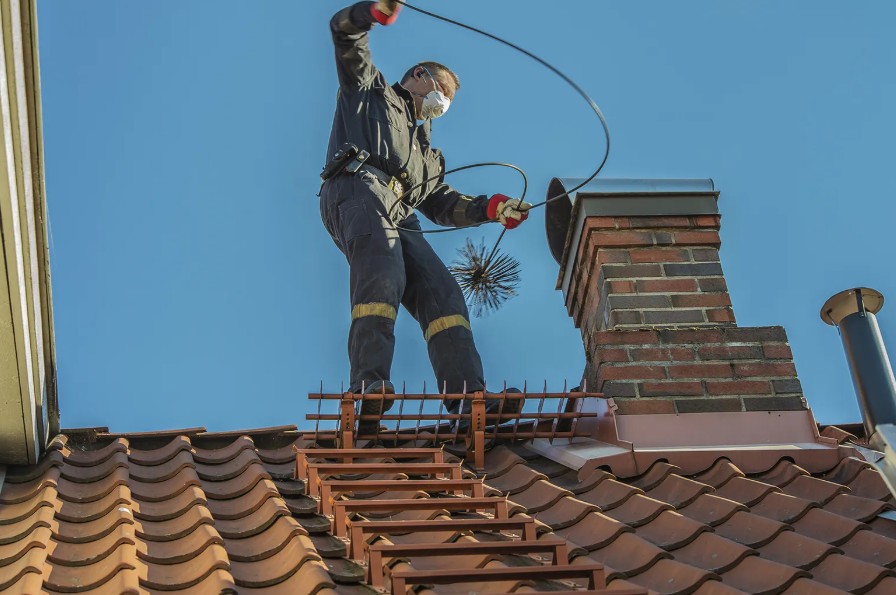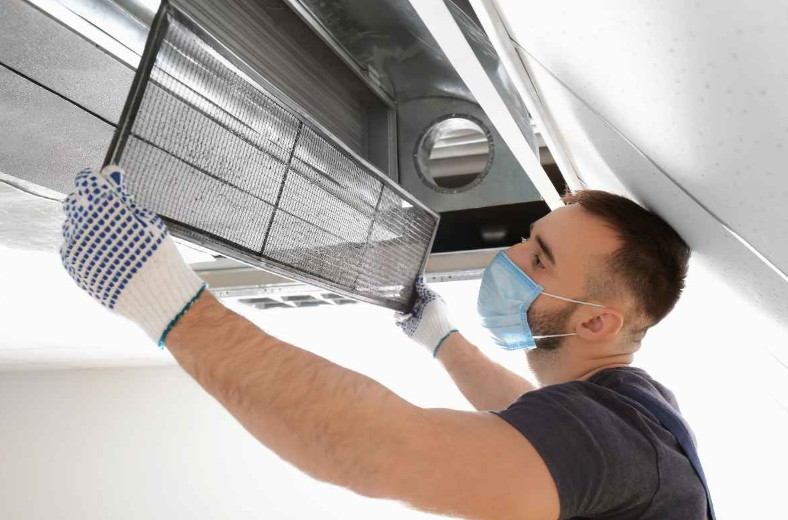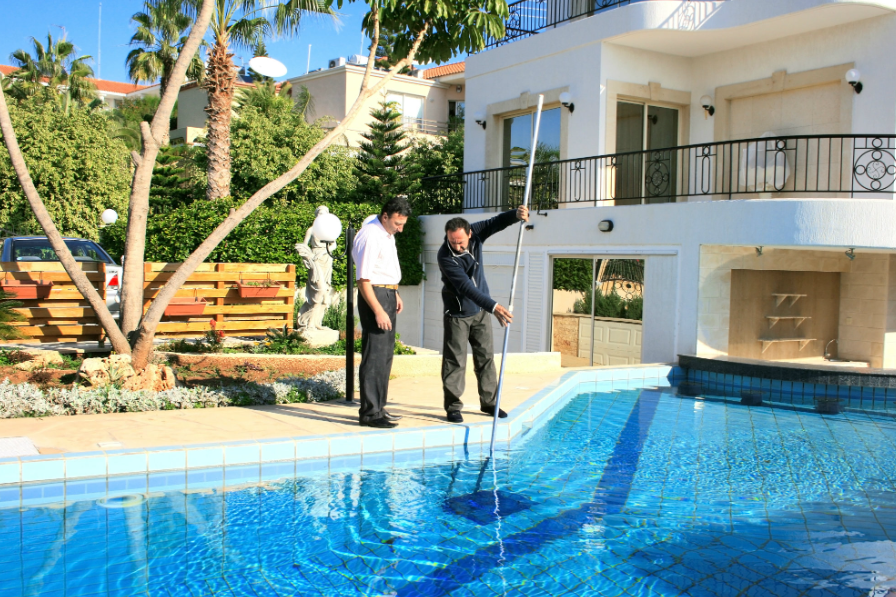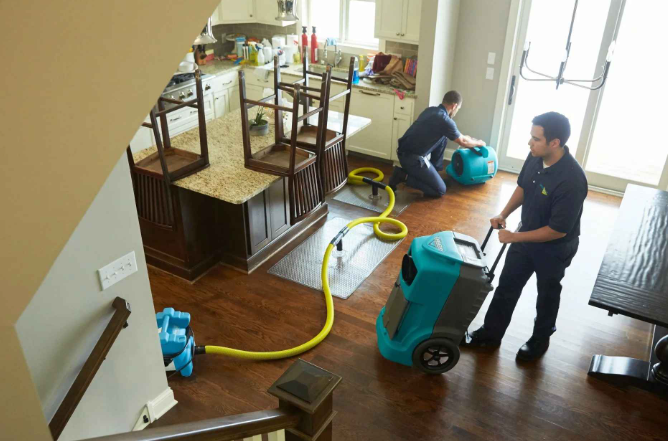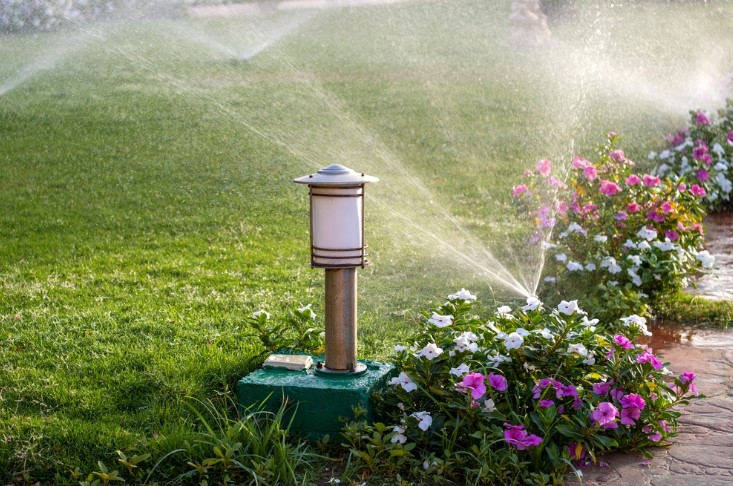
Whether or not irrigation repair and maintenance fall into your responsibility as a renter will depend on your lease agreement with your landlord. Nevertheless, essential maintenance is a good idea for any landscape.
Sift through the irrigation system each spring and several times throughout the season to maintain peak efficiency.
Power
A well-maintained irrigation system can save water and money for farmers/landscapers, reduce damage to crops/plants, and increase crop/plant health. The maintenance process varies by irrigation type and can include cleaning and inspecting sprinkler/emitter heads, examining nozzles to ensure they aren’t blocked, and checking for leaks.
Leaks can be caused by weather — freezing and thawing, soil movement, vandalism, and normal wear and tear. They can be costly for the farm/landscape and the utility bills.
Leaks can be found through professional inspection, especially a drip irrigation system inspection. This is usually done before the start of the irrigation season. During the inspection, the sprinkler/emitter heads are checked for proper spray patterns to ensure that all landscape parts receive optimal coverage. The irrigation control and interlock systems are also inspected for proper operation. Stop barricades are checked for skid marks to determine if they need replacement. Also, the irrigation technician may recommend a rain shut-off device for the controller or adjust the programming based on soil moisture levels and weather conditions.
Water
A property’s irrigation system requires regular maintenance. This prevents leaks and broken heads, conserves water resources, and reduces water bills.
While a homeowner can do some irrigation system maintenance tasks, others are best for professionals. This includes flushing the irrigation system at the beginning of the season and ensuring that the rain shut-off device is working and properly configured.
Irrigation system maintenance Pittsburgh PA, also involves examining the sprinkler heads for obstructions and ensuring they are evenly distributed. The maintenance worker should also check the water pressure, as low pressure could indicate a clogged nozzle or broken rotor. The sprinkler expert can also assist in resolving issues like damp patches by altering sprinkler head placements and spray patterns to prevent wetting sidewalks or other structures and to provide sufficient space for developing plants. They can also improve the irrigation system’s performance by raising and leveling sprinklers, saving as much as 6 percent in water costs each year.
Debris
Regardless of the type of irrigation system, debris should be removed from the lines. This will help prevent clogs and uneven watering. Additionally, it will lessen the possibility of harmful insects and other organisms.
It is best to inspect the entire field before beginning maintenance tasks. This helps to ensure that the irrigation valves, gates, berms, and ditches are clear. This will help prevent accidental electrification of a valve or other equipment and reduce preventable losses to the crop.
During regular inspections, look for dry spots in the landscape caused by a clogged or micro-sprinkler. A plugged head or emitter will cause the irrigation to spray in a different pattern than the system’s original design. This will lead to water waste and damage the plants in those areas. It is also essential to check for leaks and breaks in the irrigation system. A leak will increase your water bill and may harm the plant if allowed to continue.
Pressure
Water pressure is a crucial factor in irrigation efficiency. It determines a system’s distribution uniformity (DU) and whether areas are watered evenly. It also helps avoid damage to pipes, valves, sprinklers, and emitters.
During maintenance inspections, water pressure should be analyzed. A sudden pressure drop could indicate a system leak or a problem with the mainline or zone line. It could also be an indication of a lateral break.
A professional should inspect all sprinkler heads and replace broken or missing ones. Pinched tubing should be straightened, and a pressure regulator should be installed on the control valve for all drip emitters to prevent them from popping off during high pressure. These and other little tasks help keep a system running properly, reducing long-term costs. A thorough irrigation system renovation can pay for itself within a few years by improving water efficiency and extending the life of the equipment.
